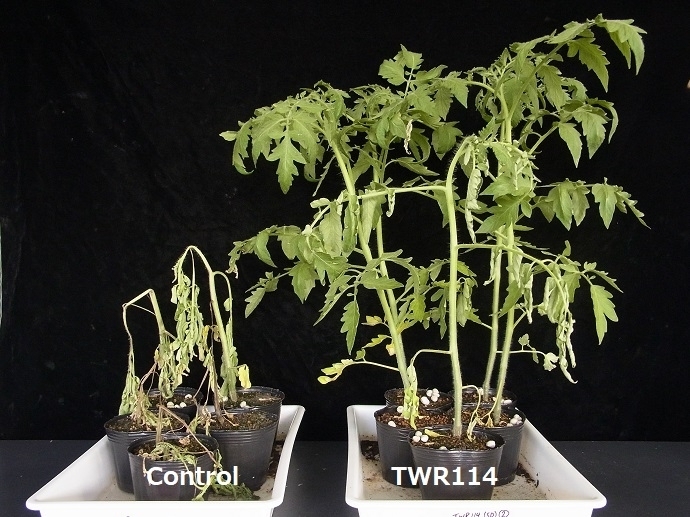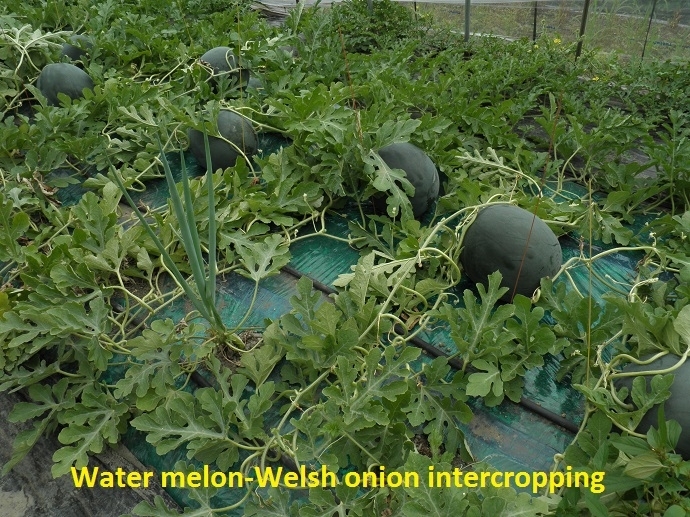English page
STAFF
Masafumi SHIMIZU, Ph.D. (Professor)
| shimizu.masafumi.f3 -at- f.gifu-u.ac.jp | |
| Tel | +81-58-293-2847 |
Postdoctoral researchers & Students
研究員(Postdoctoral Researcher)
- Angelia Stephany (from Indonesia)
博士課程(Doctor course)
- Rakibuzzaman MD (D4, from Bangladesh)
- Rohyanti Yuliana(D3, MEXT scholarship student from Indonesia)
- Alchemi Kusdiana Putri Juliantika (D2, MEXT scholarship student from Indonesia)
- Fadhilah Qonita Gina(D1,MEXT scholarship student from Indonesia)
- IMNANARO(D1、MEXT scholarship student from India)
修士課程(Masater course)
- Kotaro Kuwahara (M2)
- Takuma Shiono (M2)
- Mao Harada (M2)
- Hongri Yu (M2, from China)
- Yuki Hirade (M1)
学部(Undergraduate)
- Haruka Ito (B4)
- Norihisa Kawai (B4)
研究生(Research student)
Research topics
Biological control of plant diseases using beneficial symbiotic microbes
Millions of beneficial microorganisms (designate plant probiotics) that have an ability to stimulate plant growth and protect plants from pathogens are living in the natural environment. In our laboratory, we explore the potential of various plant-assodiated symbiotic microbes for their ability to control plant diseases.The occurrence of agrochemical-resistant pathogens has become a major issue in recent years, and thus biological control of plant diseases using beneficial microbes has been attracting attention as alternatives to chemical agents.

A novel biocontrol bacterial strain against tomato bacterial wilt
Creation of disease suppressive soil
Intercropping with Allium plants is an age-old practice used to suppress the incidence of Fusarium wilt disease of cucurbits, caused by Fusarium oxysporum. However, the mechanisms underlying the Fusarium wilt suppression by intercropping were not well understood. We investigated the significance of rhizosphere microorganisms in Fusarium wilt suppression by Allium cultivation. As a result, we found that specific antagonistic bacteria accumulate in the soil where Alliums plants are cultivated, and that they suppress the growth of Fusarium oxysporum in soil. We are currently investigating the mechanism by which Allium plants cause the accumulation of antagonistic bacteria. Eventually, we hope to use this mechanism as the basis for the development of technology to artificially create disease-suppressive soil.

Study on plant growth-promoting bacteria
In order to develop novel plant biostimulants, we have been isolating plant symbiotic bacteria which have an ability to promote the growth of host plants. Furthermore, we are analyzing their mode of actions.

Current research projects
- Development of practical biocontrol stratgies for tomato bacterial wilt
- Development of a novel method to create Fusarium wilt-suppressive soil
- Identification of endophytic bacteria and fungi with biocontrol activity against leaf fall disease of rubber plants
- Isolation and application of novel plant-growth promoting bacteria
- Control of soil-borne pathogens by application of natural sugar L-arabinose
- etc.

